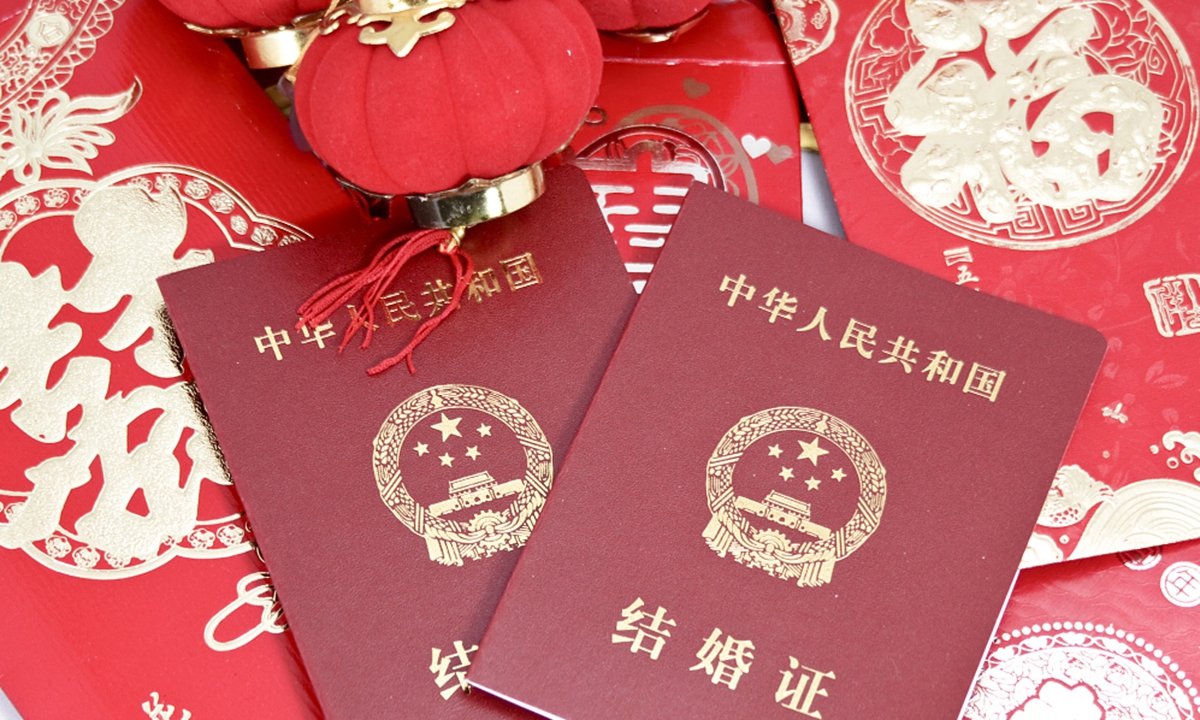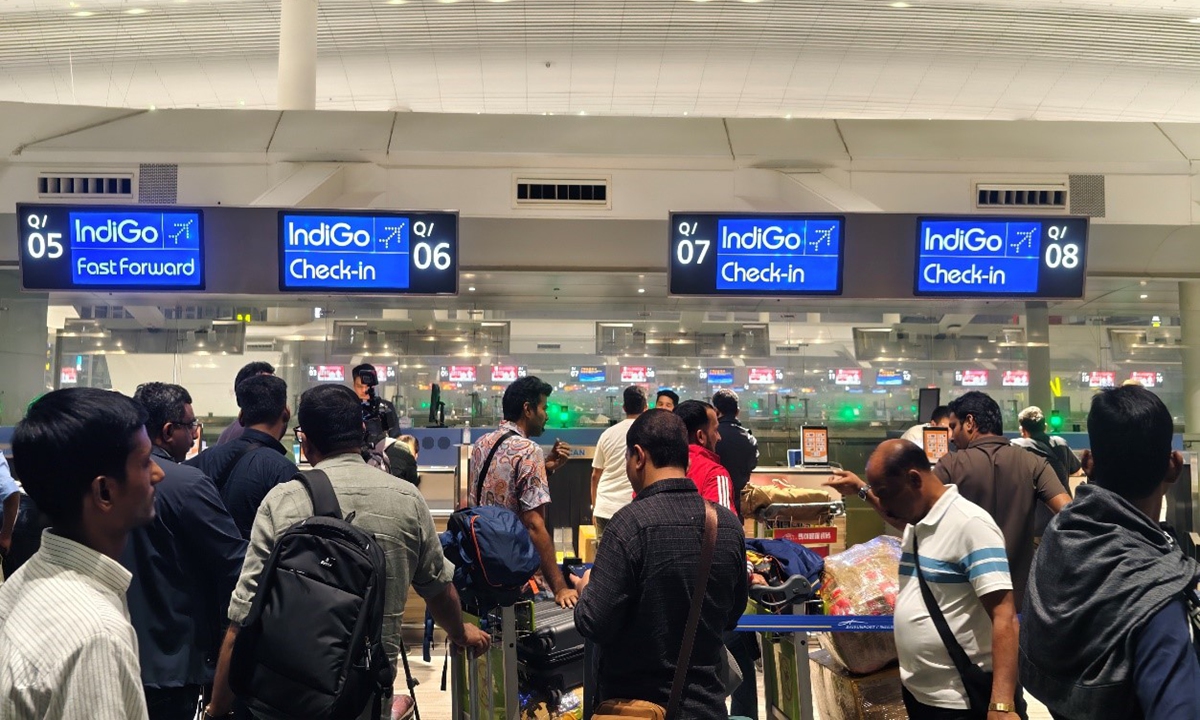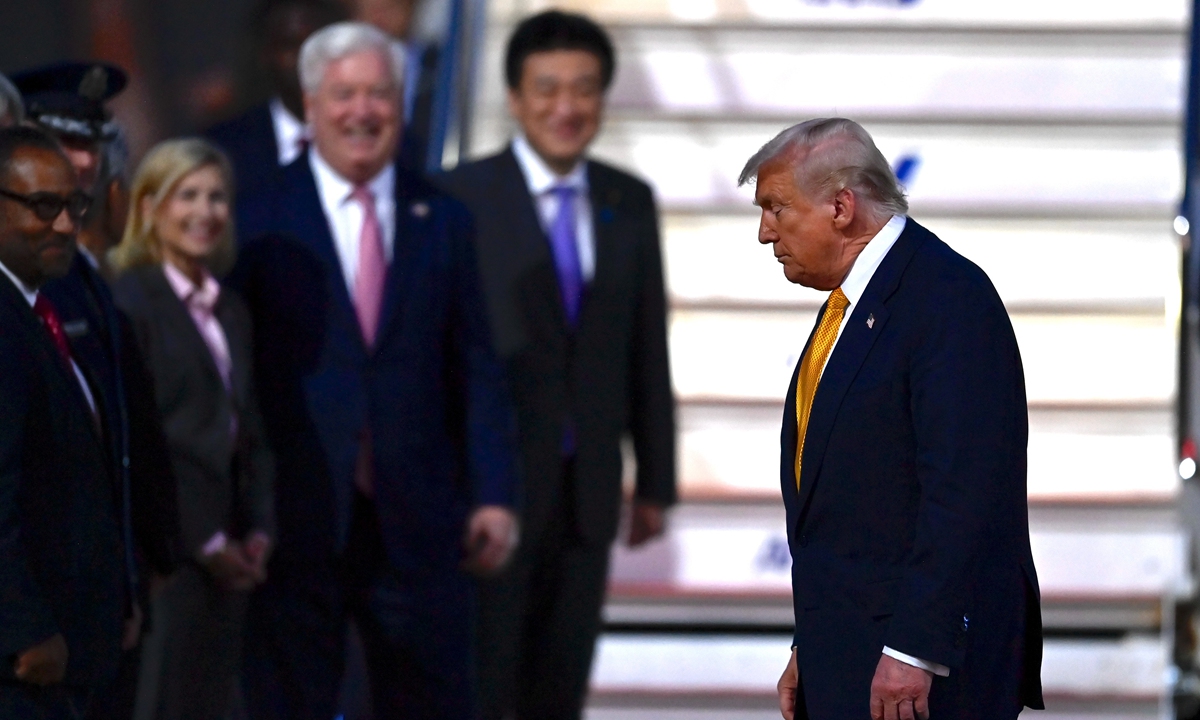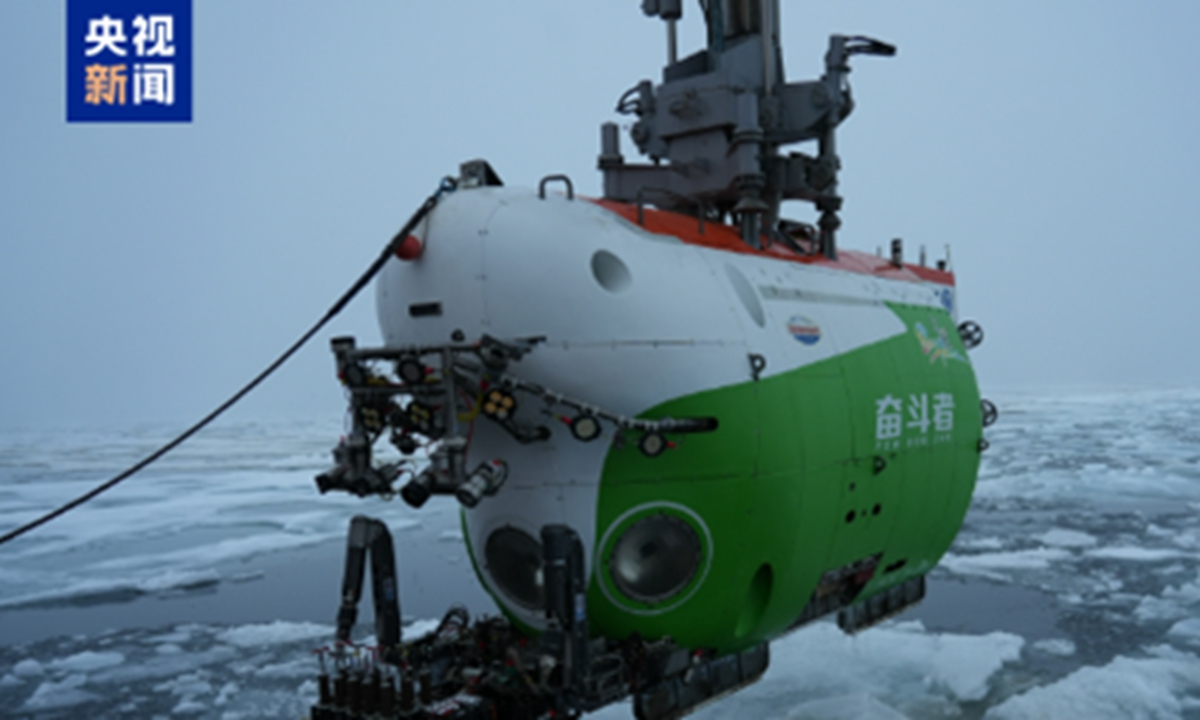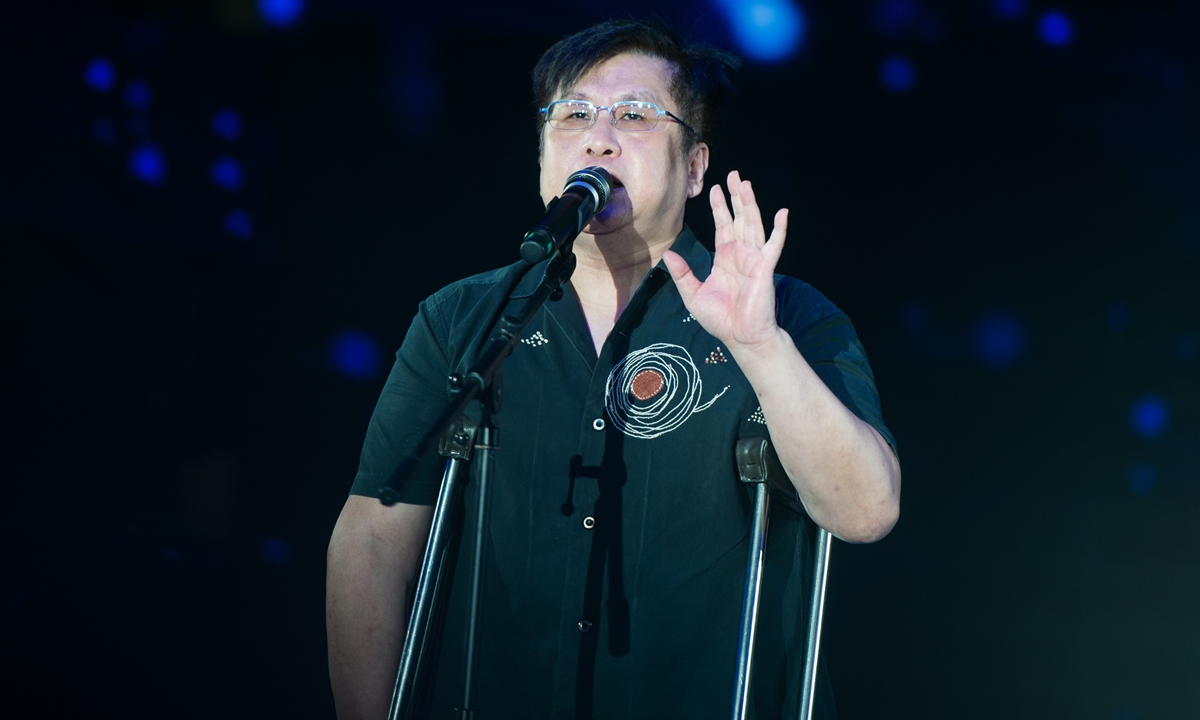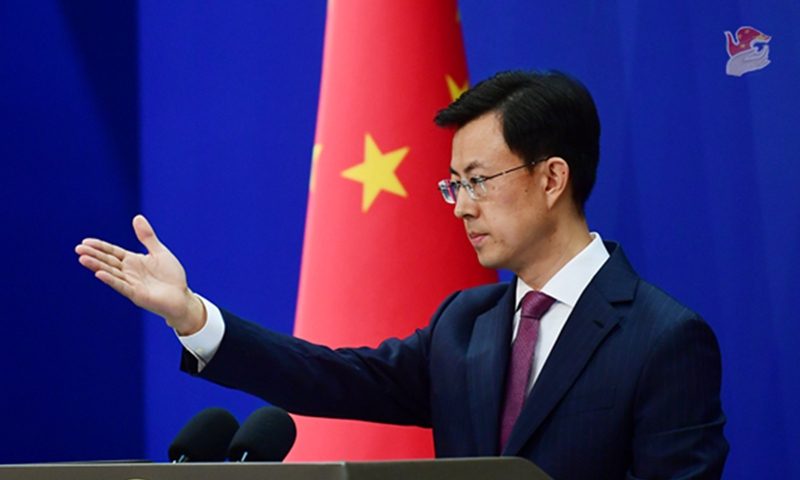Li made the remarks while addressing the 20th East Asia Summit (EAS) held in Malaysia.
Li said that 20 years ago, the EAS was born in Kuala Lumpur, and over the past two decades, the summit has played an overall constructive role, promoting stability and rapid development in the region.
Today, the world has entered a new period of turbulence and transformation, with peace and development facing many new risks and challenges, Li said.
With an eye toward addressing global changes and tackling pressing conundrums, Chinese President Xi Jinping solemnly put forth the Global Governance Initiative, he noted.
Emphasizing adherence to sovereign equality, abidance by international rule of law, practice of multilateralism, advocacy of people-centered approach, and focus on taking real actions, this initiative carries strong practical relevance and aligns closely with the founding purpose of the EAS, Li added.
China stands ready to work with all parties to remain true to the original aspirations of the EAS, Li said, calling on all sides to continue building broad consensus.
Mutual respect, equality, and fairness and justice, among others, are important foundations governing relations among nations. Economic globalization and world multipolarization are irreversible, and the world should not return to the law of the jungle where the weak fall prey to the strong, he said.
Only by upholding these shared values of humanity and following the tide of history can we make the right decisions at critical junctures and stay on the correct course forward, Li added.
Li noted the need to focus on solving prominent problems, saying that economic development and the improvement of people’s livelihoods remain top priorities for countries in the region.
He called for a stronger commitment to upholding the free trade system, making efforts to build a high-level regional free trade network, and vigorously advancing regional integration.
More strength should be gathered to enhance people’s well-being and achieve universally beneficial and inclusive development, he added.
Li also called for reforming and improving the rules and the systems. The more turbulent the situation becomes, the greater the need to safeguard the authority of international rule of law, he said.
He urged all parties to abide by the rules, especially to safeguard the international system with the United Nations (UN) at its core, and support ASEAN’s centrality in the regional architecture, acting as a promoter of regional cooperation.
At the same time, he said, efforts should be made to actively promote reforms, facilitate the establishment of a more just and reasonable global governance system to better safeguard the interests of all sides.
The leaders at the meeting noted that the current international situation is undergoing profound and complex changes, with geopolitical conflicts intensifying and protectionism on the rise.
They called on regional countries to return to the original aspirations of the EAS, abide by multilateralism and the basic principles of international law such as the UN Charter, and work together to promote peace-building, conduct dialogue in the spirit of mutual respect, and create new models of partnerships.
They also urged countries in the region to strengthen practical cooperation, jointly address challenges such as energy and food security, green transformation, climate change and public health, and boost lasting peace, stability and prosperity in the region and the wider world.
The meeting, hosted by Malaysian Prime Minister Anwar Ibrahim, adopted the Kuala Lumpur Declaration on the 20th Anniversary of the EAS, and the Leaders’ Statement on Promoting Localization in Anticipatory Action for Disaster Preparedness and Response.


